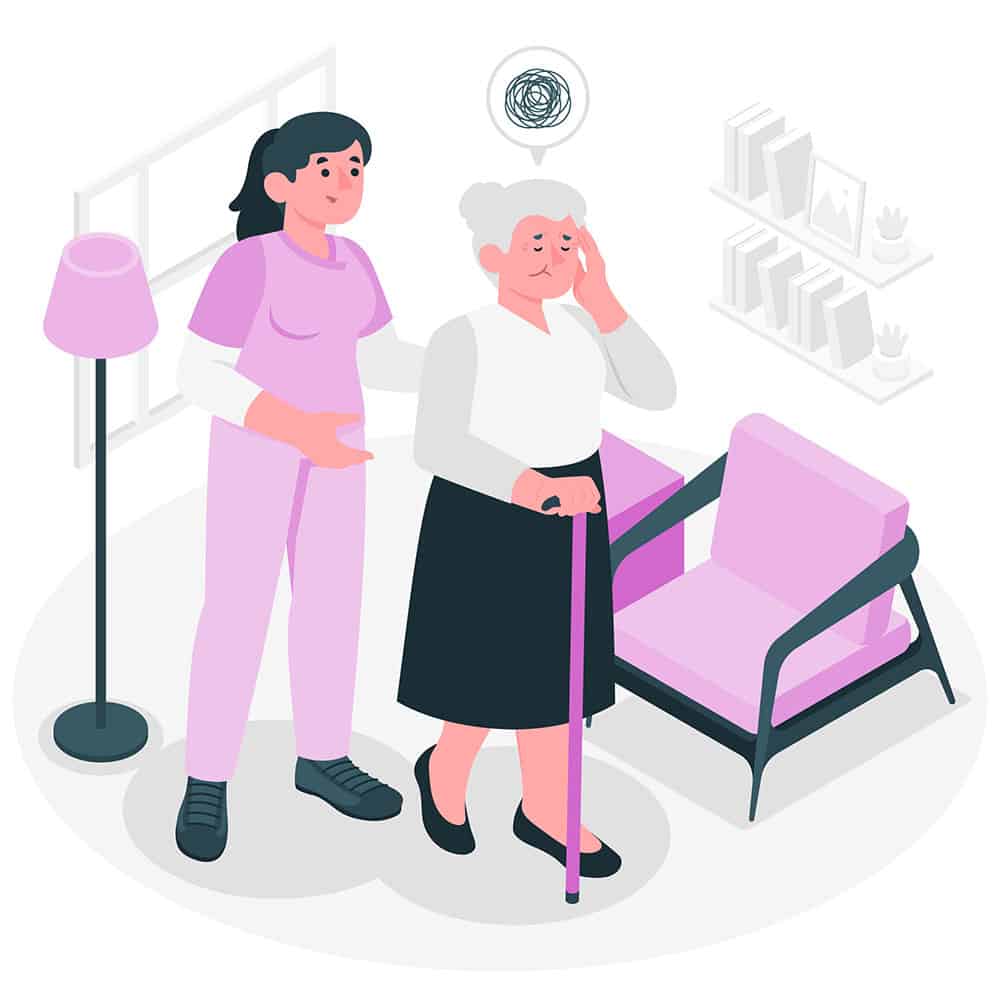Understanding and Managing Alzheimer’s Disease: A Guide for Caregivers

Alzheimer’s disease is a progressive neurological disorder that affects millions of people worldwide. It is characterized by memory loss, difficulty in communication, and changes in behavior. As the disease progresses, patients may have trouble performing daily activities and may eventually become completely dependent on caregivers.
If you or a loved one has been diagnosed with Alzheimer’s disease, it can be a difficult and overwhelming experience. However, with the right knowledge and support, managing the disease can be made easier.
One of the first steps in managing Alzheimer’s is to understand the disease. It is important to educate yourself about the signs and symptoms of Alzheimer’s, as well as the different stages of the disease. This will help you to recognize when your loved one is experiencing a change in behavior or cognitive abilities and take appropriate action.

Another important aspect of managing Alzheimer’s is to establish a routine. People with Alzheimer’s may have trouble remembering things or may become disoriented easily, so it is important to create a structured environment that is easy to navigate. This includes things like keeping a regular schedule for meals, activities, and medications, as well as labeling items in the home to help with recognition.
Communication is also key when managing Alzheimer’s. As the disease progresses, it can become harder for patients to express themselves, so it is important to learn to communicate in ways that are non-verbal, such as through touch or facial expressions. It is also important to be patient and understanding when talking with your loved one, as they may become easily frustrated or confused.
Managing the behavioral and psychological symptoms of dementia, a common type of which is Alzheimer’s, is also an important aspect of caring for someone with the disease. This can include things like agitation, depression, and anxiety. It’s important to understand that these symptoms are part of the disease and can be treated, just like physical symptoms.

Additionally, and importantly, it is important to take care of yourself as a caregiver. Caring for someone with Alzheimer’s can be physically and emotionally demanding, so it is important to take time for yourself and to seek support from others. Support groups can be a great resource, as they provide a forum for caregivers to share their experiences and offer one another advice.
Managing Alzheimer’s disease can be difficult, but with the right knowledge, support, and resources it can be made easier. Remember to take time for yourself and take care of your own well-being as well, and that there are many ways to find help and support, such as support groups, care coordinators and medical professionals. Download AllzWell today.
Brought to you by AllzWell


